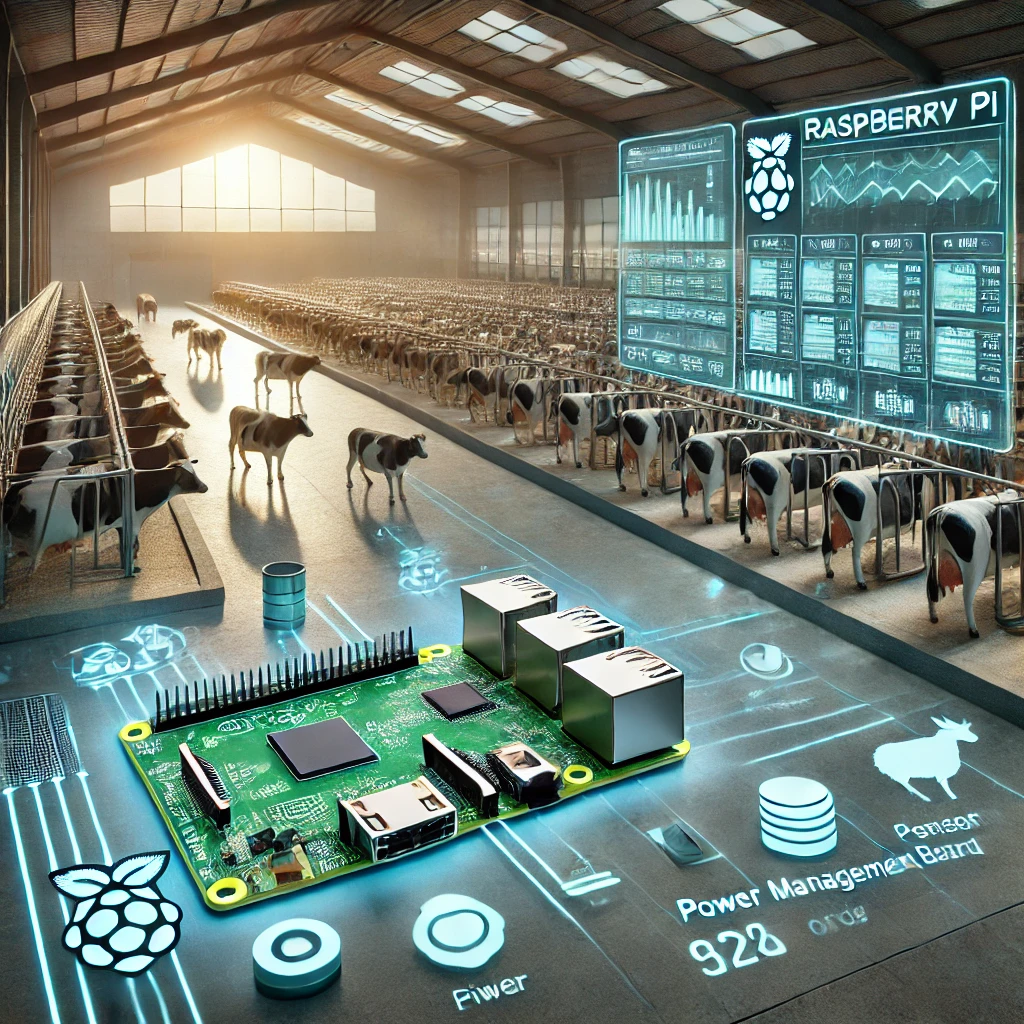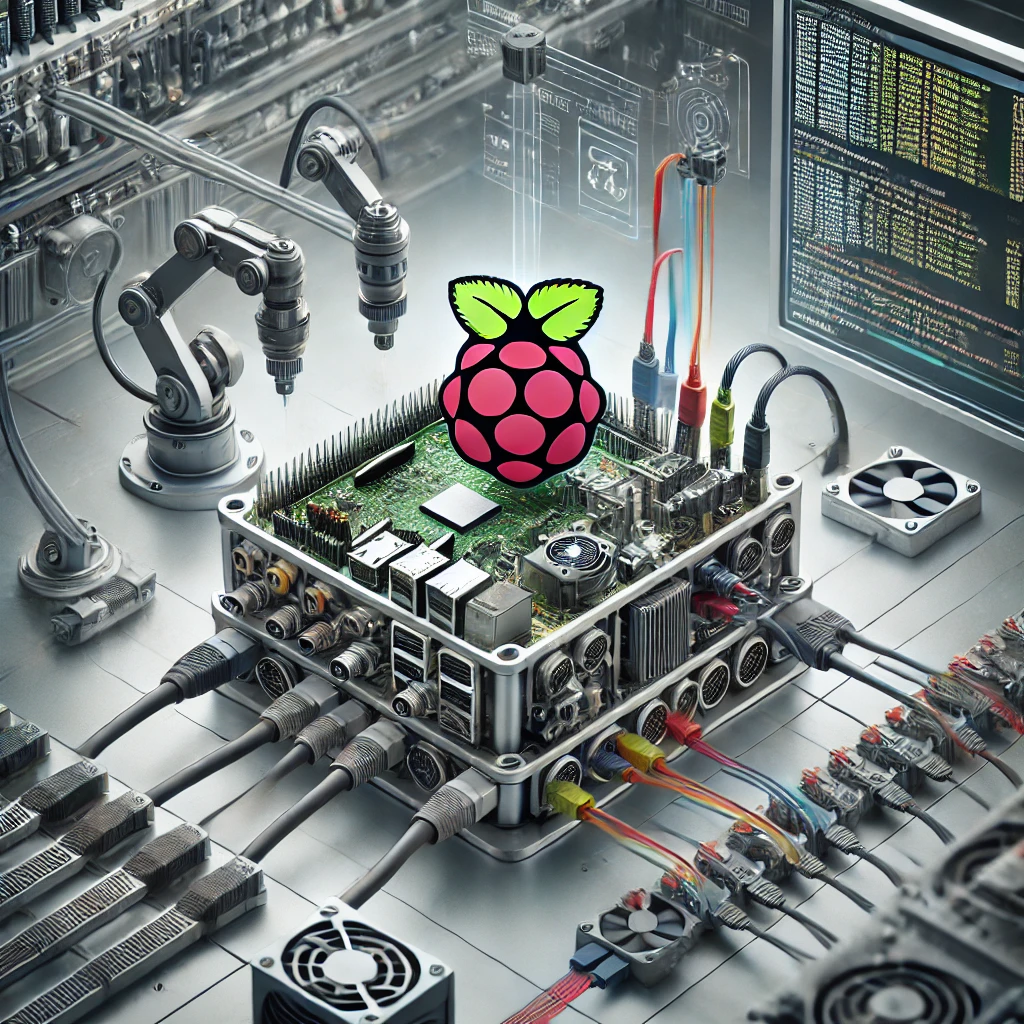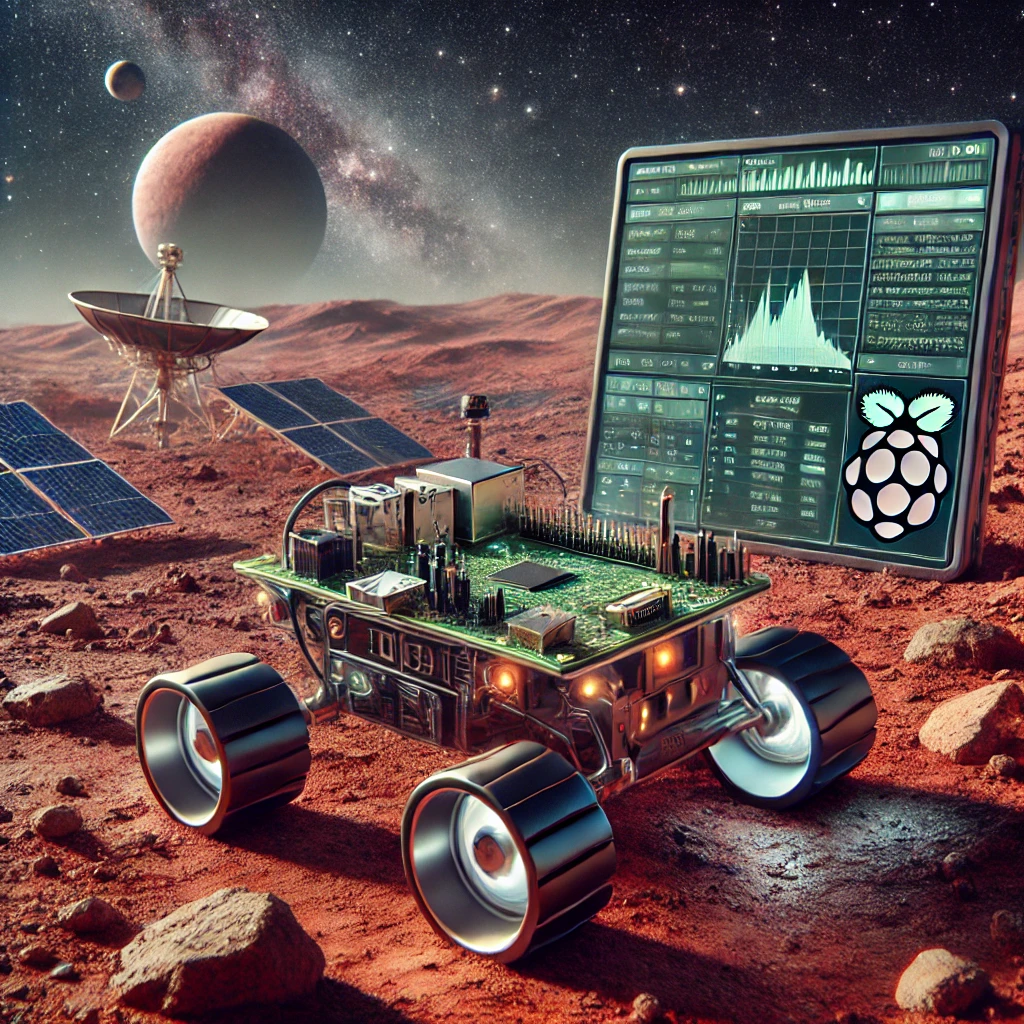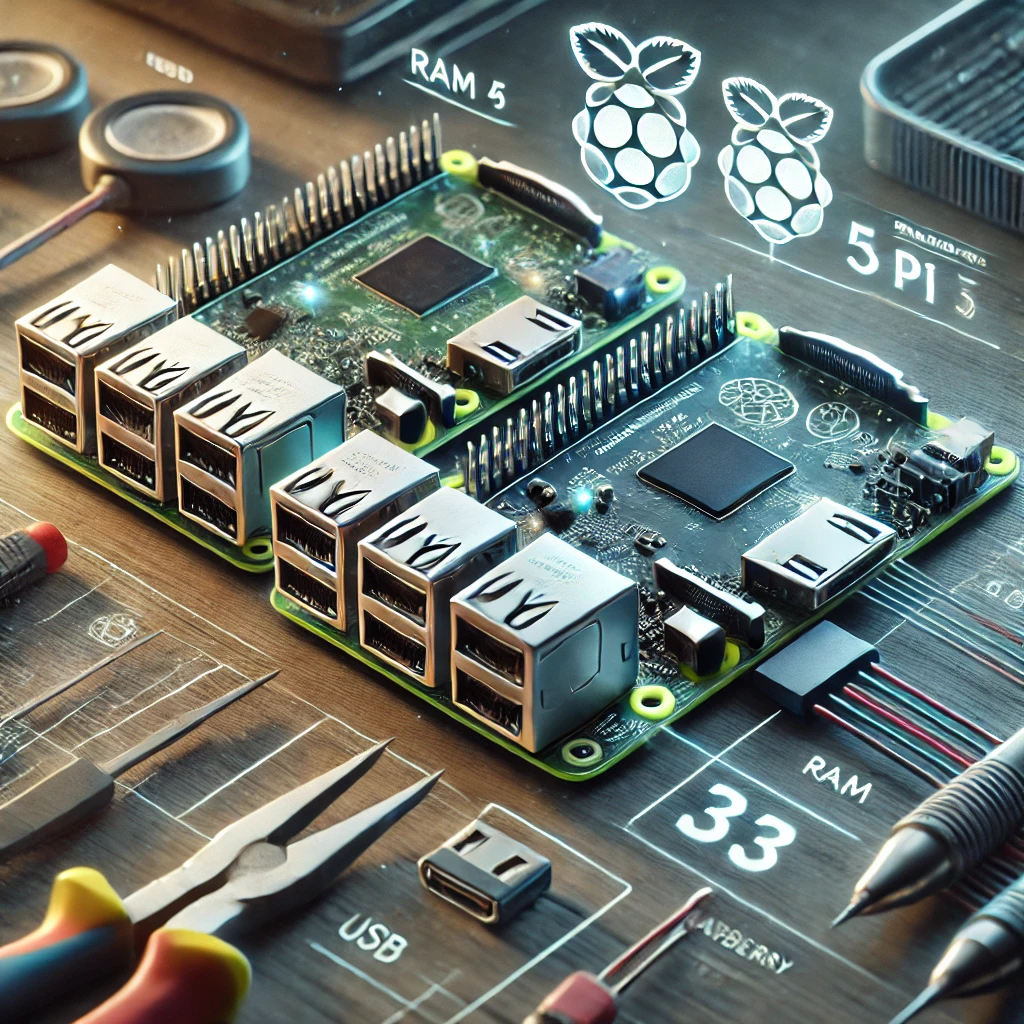Discover how Raspberry Pi are transforming agriculture by automating farming processes, monitoring crops, and improving efficiency.
Raspberry Pi’s Role in Smart Farming
The integration of technology in agriculture, known as smart farming, has been revolutionized by the introduction of Raspberry Pi. This small, affordable computer, combined with Pi Power add-ons, is helping farmers automate processes, monitor crops, and increase efficiency. As the demand for sustainable and efficient farming grows, Raspberry Pi is playing a vital role in meeting these challenges. Here’s how this technology is reshaping modern agriculture.
Automating Farming with Raspberry Pi
One of the most significant applications of Raspberry Pi in agriculture is the automation of farming tasks. Raspberry Pi devices, equipped with Pi Power add-ons, can be used to control irrigation systems, monitor soil moisture, and regulate greenhouse environments. For instance, moisture sensors connected to a Raspberry Pi can detect when soil is dry and automatically activate water pumps, ensuring crops receive the right amount of water.
The Pi Power add-ons, such as solar panels, provide a sustainable energy source, allowing the Raspberry Pi to operate in remote areas without a direct power supply. This autonomy is particularly beneficial for farmers with large fields or those located in off-grid regions. The system’s ability to run 24/7 ensures that crops are consistently monitored, reducing the risk of over or under-watering.
Additionally, the Raspberry Pi can control temperature and humidity levels in greenhouses. By connecting temperature and humidity sensors, the device can regulate fans, heaters, and vents, maintaining optimal conditions for plant growth. These automated systems not only improve crop yields but also reduce labor costs and resource consumption.
Monitoring Crop Health with Advanced Sensors
Raspberry Pi, combined with Pi Power add-ons, has also proven effective in monitoring crop health. By connecting cameras and multispectral sensors to a Raspberry Pi, farmers can capture images and data that reveal the condition of their crops. The data collected is then analyzed using machine learning algorithms, which identify signs of disease, pests, or nutrient deficiencies.
This real-time monitoring allows farmers to detect problems early, preventing the spread of diseases and minimizing crop loss. Furthermore, the data collected can be used to optimize fertilization and irrigation schedules, ensuring that crops receive the exact nutrients and water they need. This precision farming technique leads to healthier crops and more efficient use of resources.
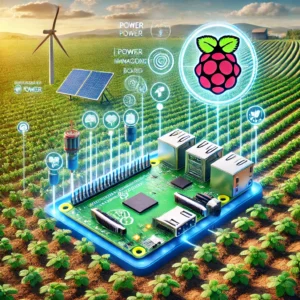
Smart Livestock Management with Raspberry Pi
In addition to crop management, Raspberry Pi has found applications in livestock farming. Raspberry Pi devices, enhanced with Pi Power add-ons, can monitor livestock health, track their movements, and even control feeding systems. For example, RFID tags attached to livestock can be scanned by a Raspberry Pi to record their location and monitor their feeding patterns.
Farmers can receive alerts if an animal deviates from its regular behavior, indicating possible health issues. Additionally, automated feeding systems controlled by Raspberry Pi ensure that livestock receives the correct amount of food at scheduled times, reducing waste and improving animal well-being.
Why Raspberry Pi is Ideal for Smart Farming
Raspberry Pi’s affordability and versatility make it an ideal solution for smart farming applications. Farmers can implement cost-effective automation and monitoring systems without investing in expensive equipment. Furthermore, the wide range of Pi Power add-ons allows farmers to customize their setups, ensuring that the technology meets the specific needs of their farm.
The adaptability of Raspberry Pi also means that it can be used in various farming environments, from small urban farms to large rural fields. This flexibility makes it a valuable tool for farmers looking to increase efficiency, reduce costs, and improve sustainability.
Raspberry Pi’s Impact on Sustainable Agriculture
The use of Raspberry Pi in agriculture, supported by Pi Power add-ons, is transforming traditional farming methods into smart, data-driven practices. From automating irrigation to monitoring livestock, Raspberry Pi is enabling farmers to make informed decisions and optimize their operations. As smart farming continues to evolve, Raspberry Pi is set to play an essential role in creating sustainable and efficient agricultural practices for the future.

